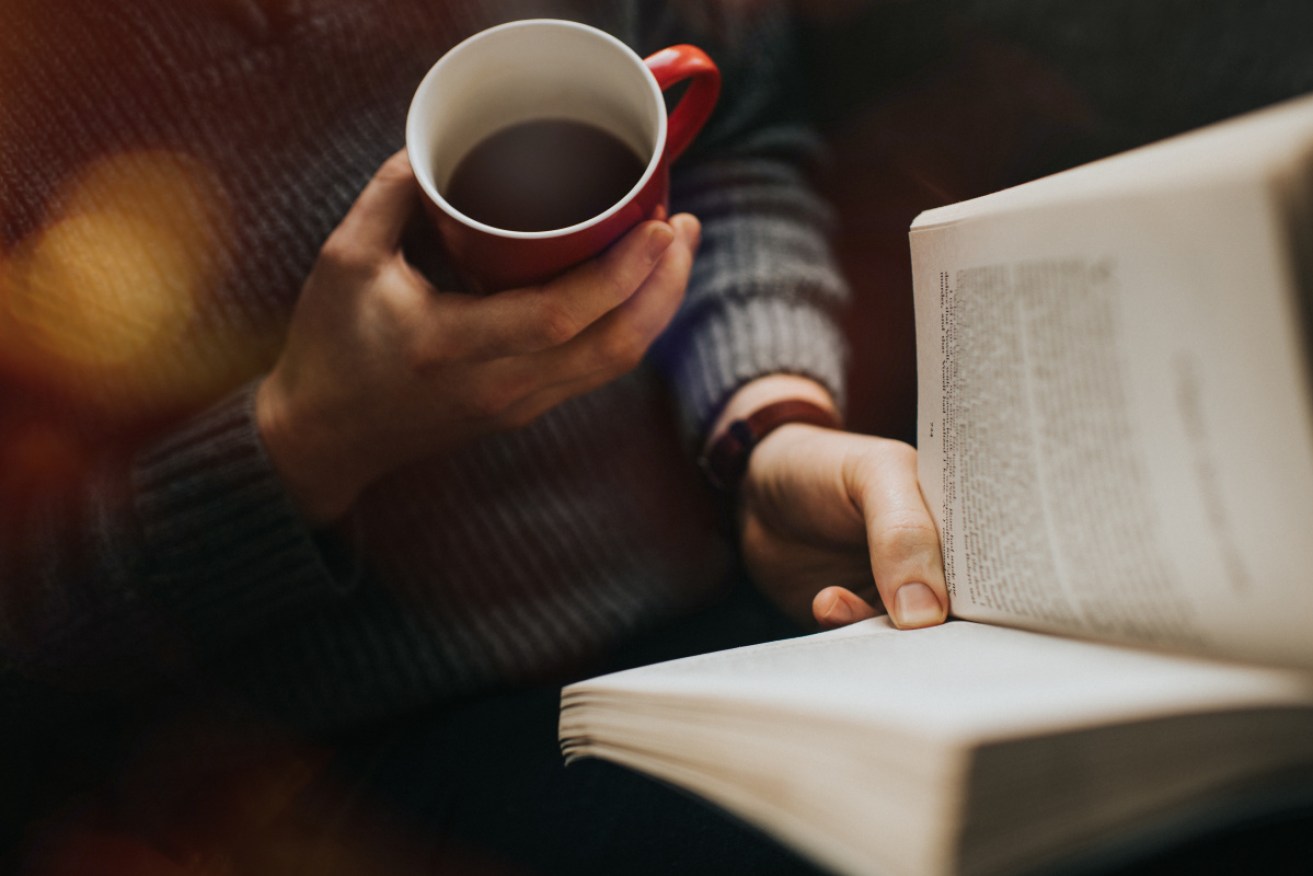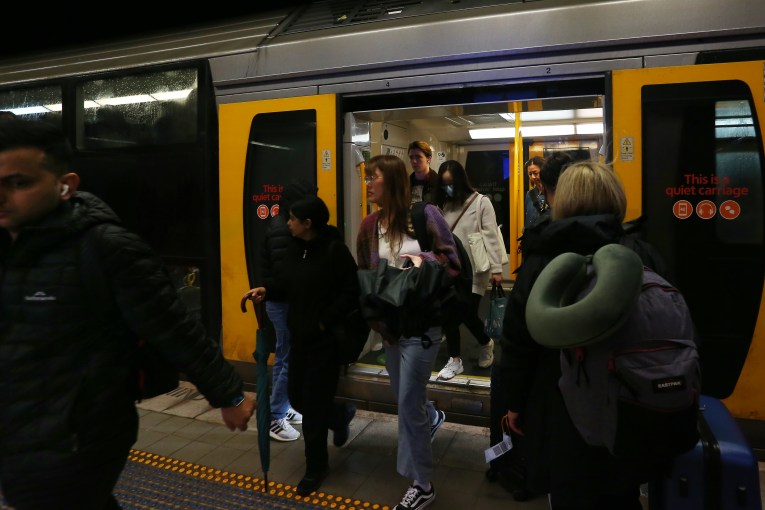Book reviews: Three memoirs that defy the limitations of storytelling

There is a growing appetite for touching and revealing memoirs, writes Rosemary Sorensen. Photo: Getty
The cover blurbs use words such as “candid” and “unflinching”, “poignant” but also sometimes “hilarious”, even when the subject matter is unpleasant and difficult.
We’re in memoir territory here, and we’re going further than we’ve ever gone before. There seems no limit now to what can be told.
Despite the fact that – or maybe even because – there’s so much tough news fed directly to us with a fast and furious relentlessness, the readerly appetite for agony memoirs appears insatiable.
Writing such memoirs presents challenges, practically, ethically and legally – not to mention artistically.
How much ought to be revealed, not just about your own story but also about that of the other people who figure in that story?
Does the ending have to be happy?
And what about the style – should only those who already have competent writing skills embark on telling their life stories?
Stranger Care
Sarah Sentilles’ writing skills are very good, and they have to be.
Following her Breaking Up With God, about how she lost faith just prior to becoming a minister, and then Draw Your Weapons about how men responded to the trauma of war by creating art, this American has now written a “memoir of loving what isn’t ours”, called Stranger Care.

If that title and the pretty cover makes it sound kind of gentle and inviting, this is actually a harrowing book.
Sentilles and her husband decided not to have biological children, chose to foster knowing that the system aims at reunification with biological family, went through an awful process of accreditation, then took into their home and hearts a newborn baby.
Sentilles documents her own anguish, the baby’s history and her understanding through this experience of what it means to love and to nurture when there is not a blood connection. She also documents the limitations of an official system put in place to deal with rights and responsibilities towards children.
It’s very hard to describe what it’s like reading such a book, although the mass of recommendations included at the front from many writers (Cheryl Strayed, Sarah Krasnostein, Kate Mildenhall) are there to help.
Delivered in many short sections, the day-by-day events are juxtaposed with anecdotes and ideas, from nature research, from history, from literature.
The tension about what will happen develops as the months pass, but the writer stays in control.
The verbatim reporting of scenes with the social security people and with the baby’s biological mother and others is so controlled it is all the more shocking.
In the hands of a less accomplished writer, there would be emotional explosions on the page.
The lack of them means this book demands an empathy that is difficult to qualify.
Car Crash
In Car Crash, Lech Blaine has a big and difficult story to tell too.
Toowoomba, 2009.
He was 17 and one of seven young men in a car – two in the boot.

The driver, travelling within the speed limit and sober, let the car hit loose dirt, over-corrected, and the resulting head-on crash killed three of the friends and damaged two of the others.
The aftermath of grief both personal and public, of court cases and media scrutiny, is told probably as well as anyone who has lived through this could.
It’s only 12 years ago, and Blaine is still a young man.
To tell the whole story he must include his family situation, and, if it weren’t for such a devastating event crashing into his life, he might have done a Rick Morton or Trent Dalton and written an early-life memoir/novel.
He was heading towards writing at the time he got into the front seat of that car, poetry maybe, or a first novel pinching a lot from his ordinarily outlandish family.
If that crash hadn’t happened, the writerly apprenticeship would have likely been dominated by his university experience, and certainly the support would have been there in Brisbane, which has seeded so many young and emerging writers.
Instead, there was a decade of recovery, through depression and the attendant dangers.
There were also friends and lovers, and this is where Blaine has been able to go beyond agony memoir into controlling and developing his narrative.
Take, for instance, the conversations recorded with his first sexual partner, Frida, which are recounted as dialogue, and which you’d imagine have been vetted by the real-life Frida, and therefore not verbatim but rather a kind of dramatic summary.
The scenes with his parents and with the remaining friends and their families are also dramatic reconstructions, and there is a narrative voice running through the entire memoir that, as Bri Lee notes in a blurb, is characterised by “wicked one-liners” and are what Benjamin Law calls “clear-eyed, bruising and tender”.
Is it okay to call Lech Blaine one of the “best writers of his generation” on the back of such an extraordinary book?
Like those writing about Sarah Sentilles with such insistent praise, it does seem extravagant, but it’s an extravagance that is justified by that same conundrum, only reversed: On the back of such a book, Lech Blaine has developed a voice that suggests he may well be one of the best writers of his generation.
Growing Up Disabled in Australia
Very few of those writing in Growing Up Disabled in Australia would call themselves writers, but many of them, it’s clear, were delighted to have been given that chance.
Editor Carly Findlay has collated yet another richly rewarding anthology in the Black Inc ‘Growing Up’ series, which now includes Aboriginal, Queer, Asian and African.

It must have taken not just a wealth of work but also – crucially – understanding of where to look for likely contributors.
Story after story delivers excellence – in control, in style and in that most important ingredient for good writing, in depth of understanding raised from experience to the surface of the page so that others can share it.
Some of the stories are lyrical, breaking up sentences into lines that aren’t strictly grammatical to give more scope for matching the words to the meaning being conveyed.
To pick one of many, Sandi Parsons’ “Don’t Have a Bird” takes a reader to the heart of the experience of growing up with cystic fibrosis in a way that is tragic and very beautiful.
There’s even a very good graphic story by Sarah Firth, who is dyslexic – the matching of graphics and story content is stunning.
There is anger in here, but as with the previous two memoirs, there’s impressive control and, in some of the stories (Todd Winther’s succinct “Luck and Anger” for example), there’s an analysis of that anger that provides a reader with a huge opportunity to understand what otherwise might remain opaque.
I could mention many of the stories to illustrate this, but the one that I’m particularly grateful to have read is by Tom Middleditch, who has ADHD and autism and works as a consultant on autistic representation in the theatre.
Tom takes us through his reaction to a play created by Arena Theatre, called Robot Song, how he hated this award-winning production and told the writer/director Jolyon James why.
The ensuing conversation, recorded here, is worth the price of the book: more such interchanges between those working towards the same goals but from different starting points are vital for the future not just of art and culture but of our community itself.
There is acute suffering described in Growing Up Disabled in Australia.
How cruel children can be to those who they fear (the girl at Jessica Newman-Marshall’s school who ensures “her audience is engaged” before shouting across the yard, “Hey, Jess! Can you walk at all?!”)
How callous adults can be to those they don’t want to understand!
Carly Findlay writes in her introduction about discovering her own internalised “ableism” and how identifying as disabled made it possible for her to understand the social model of disability, find pride and community, and to create a book that changes Australian publishing history.
Rosemary Sorensen is the founding director of Bendigo Writers Festival.








